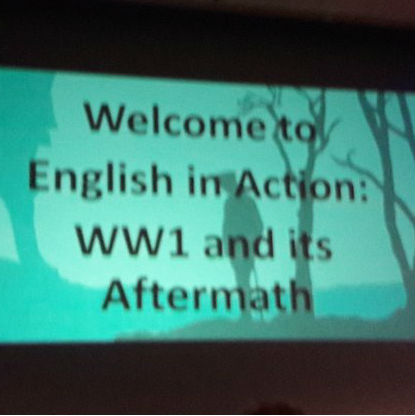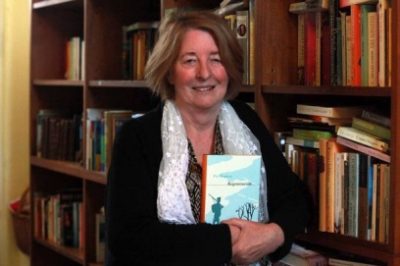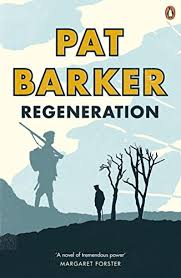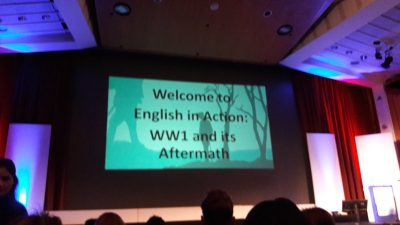World War One and Its Aftermath
Study days are a great opportunity for students to gain an insight into their fields of study, a chance to explore their chosen subjects in greater depth. Friday 10th November saw one such opportunity for Upper VI English students who attended a study day at Imperial College. As the English Department reports:
‘What better time to go to a study day entitled ‘World War One and Its Aftermath’ than on the day before Remembrance Day? And so it was that our four A Level students in Upper VI went to a day of talks at Imperial College organised by The Training Partnership that focused entirely on part of the English Literature A Level offered by AQA.
Topping the bill of speakers was Pat Barker, author of the key set text ‘Regeneration’, but before she read from the novel and then took part in a chaired discussion of her work, we heard from Chief Examiner John Rich. He was informative and very entertaining, offering blunt observations on the kinds of answers he gets versus the kind he wants. His key message for analysing texts was that “meaning comes from the candidate” and that the personal response of students is just as valid as the views of endless literary critics.
The poet Mario Petrucci offered an enlivening talk that explored the “march of doggerel” versus more modernist elements that emerged in poetry across WWI. Mario has previously been Poet in Residence at the Imperial War Museum, and he drew on his time there to discuss the reality of war versus the perception of war, and how these two things may be at odds in texts.
Military Historian Taff Gillingham gave an excellent talk that asked us to reassess our version of WWI and to think of it as a much more successful (but none the less tragic) episode in British history than we usually do. The idea of mud, blood and death as the dominant tone to discussion of the war is, Taff contends, misleading and ultimately disrespectful to those who fought successfully. Taff also managed to show the huge task facing a soldier going ‘over the top’ by having a member of the audience put on all the items of kit that a soldier carried – it really was surprising to see just how much was expected of them.
Finally, Pat Barker read and chatted, and whilst we may not have got all the answers to the essay questions we face, we did receive a good insight into her reasons for addressing the topic of WWI, and left with her assertion that all her books are feminist in some way. So … back to the poems and the novel – but this time with greater conviction that what we make of these texts really is valid.’




